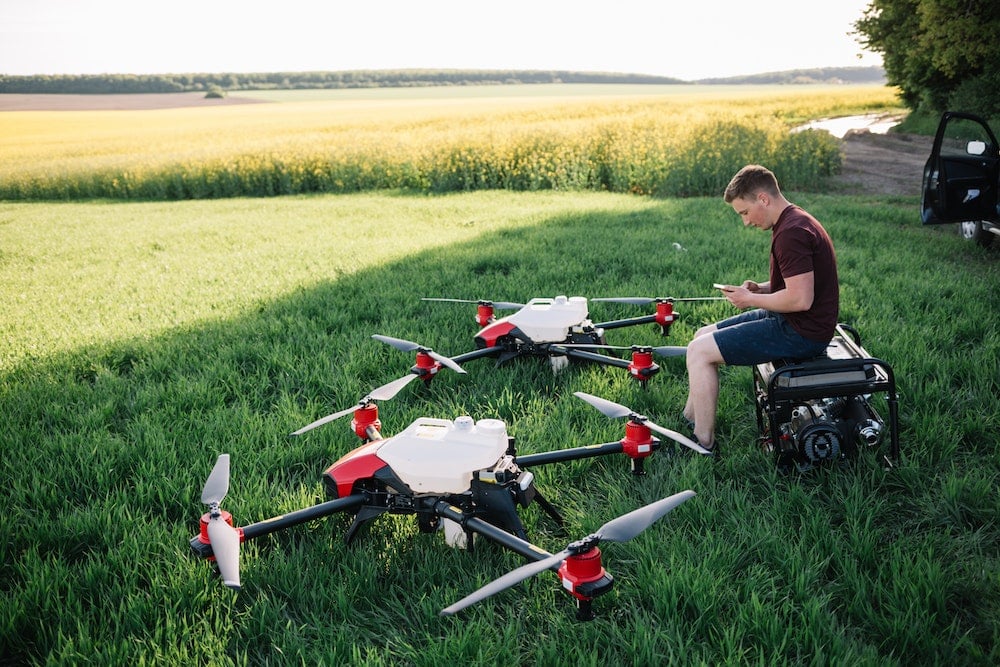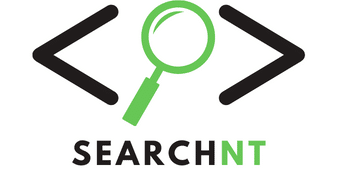How Is Real-time Data Analytics Improving Precision Farming Techniques?

In the world of modern agriculture, precision farming stands at the forefront of innovation. This approach, rooted in the advanced application of big data and IoT (Internet of Things), is rapidly revolutionizing farming practices, bolstering crop yield and promoting sustainable food production. Through the use of cutting-edge technologies and sophisticated analytics systems, farmers are now able to make more informed decisions, optimize resource usage, and effectively manage their farms. The crux of this progressive shift lies in real-time data analytics, a potent tool that is reshaping the agricultural landscape and setting new standards in precision farming.
The Intersection of Data and Agriculture
Data has always been a critical element in the agricultural sector. However, the onslaught of digital technologies has brought about a revolutionary shift in how this data is collected, analyzed, and utilized, consequently paving the way for a more efficient, productive, and sustainable farming system.
Dans le meme genre : How Are Programmable Materials Being Used to Create Shape-shifting Structures?
In essence, precision farming leverages real-time data analytics to help farmers monitor and manage their crops and soils more effectively. This approach involves the use of sensors, IoT devices, and other data collection tools to capture vital information about the farm. It could include data regarding soil composition, water levels, weather conditions, crop health, and much more.
With revolutionary technologies like remote sensing and IoT, this data collection process has become incredibly streamlined and precise. Farmers can now access a wealth of information at their fingertips, all in real-time, and make quick, informed decisions to boost their yield and efficiency.
A lire en complément : How Can Blockchain Verify the Authenticity of Luxury Goods in the Secondary Market?
The Role of Sensors and IoT in Precision Farming
Sensors and IoT technologies play a significant role in precision farming, particularly in the realm of data collection. These advanced tools help farmers monitor their crops and soil conditions closely, providing insights that can guide their farming practices and strategies.
Farmers can use IoT-equipped devices and sensors to monitor various aspects of their farm, including soil moisture levels, temperature, humidity, and nutrient levels. This data is then transmitted to a centralized system or cloud where it can be analyzed and interpreted. By leveraging the power of machine learning and predictive analytics, farmers can predict future trends, anticipate potential issues, and take preventive measures before any damage occurs.
Moreover, IoT-enabled devices also enable automation in various farming tasks. For example, automated irrigation systems can use sensor data to determine the exact water requirements of each crop, preventing wastage and optimizing the use of resources.
From Data to Action: The Power of Analytics
It’s not just about collecting data; what truly matters is what you do with it. And this is where real-time data analytics comes into play. By analyzing the collected data in real-time, farmers can make immediate and informed decisions to improve their agricultural practices and boost crop yield.
Analytics systems can help farmers identify patterns and trends in their data, recognize anomalies, and gain deep insights into their farm’s conditions and performance. This information can guide their decisions on a variety of issues, such as when to water the crops, what type of fertilizers to use, and when to harvest.
Real-time analytics can also help farmers manage their resources more effectively. For instance, by analyzing the soil’s moisture levels and the weather forecast data, farmers can optimize their irrigation practices, saving water and reducing costs.
Driving Sustainability in Agriculture
Precision farming doesn’t only enhance agricultural productivity but also promotes sustainability. By enabling farmers to optimize their resource usage and minimize waste, this approach contributes significantly to sustainable food production.
For instance, precision irrigation systems can reduce water consumption by delivering the right amount of water to the crops at the right time. Similarly, by monitoring soil health in real-time, farmers can apply the necessary fertilizers and nutrients when needed, preventing over-fertilization and reducing environmental impact.
Furthermore, real-time data analytics can help farmers predict and mitigate potential issues, such as pests and diseases, before they cause significant damage. This proactive approach not only preserves the crop yield but also reduces the need for harmful pesticides and other chemical treatments.
In a world facing the dual challenge of feeding a growing population and mitigating environmental damage, precision farming offers a promising solution. By harnessing the power of real-time data analytics, this approach allows farmers to optimize their practices, boost their yield, and contribute to a more sustainable and food-secure world.
Enhancing Decision-Making Through Accurate Forecasting
A critical component of precision agriculture lies in the ability to make accurate forecasts. With the advent of big data and advanced data analytics, farmers can now predict future trends and outcomes by analyzing real-time data, further enhancing their decision-making capabilities.
For instance, by analyzing historical weather patterns alongside real-time weather data, farmers can predict upcoming weather conditions with greater accuracy. This information is crucial in determining the optimal timing for sowing seeds, applying fertilizers, irrigating crops, and harvesting. Furthermore, by accurately predicting the weather, farmers can avoid potential damage to their crops caused by adverse weather conditions such as frost, drought, or excessive rainfall.
Similarly, using data analytics, farmers can forecast potential pest infestations or disease outbreaks. By analyzing data collected from sensors on crop health and surrounding environmental conditions, patterns can be identified that signal the likelihood of a pest attack or disease outbreak. By being aware of these potential issues in advance, farmers can take proactive measures to protect their crops, reducing crop loss and minimizing the use of harmful pesticides.
Big data analytics also helps in predicting market trends, allowing farmers to make informed decisions about what crops to plant based on predicted market demand and potential profit margins. By aligning their crop production with market trends, farmers can maximize their profits while reducing waste.
Conclusion: The Future of Farming is Precision Agriculture
The integration of real-time data analytics and IoT technologies is undeniably transforming the face of agriculture. More and more, precision farming is becoming the norm as farmers recognize the immense potential of data-driven farming practices. By utilizing real-time data analytics, farmers can enhance their decision making, optimize resource usage, increase crop yields, and reduce their environmental impact.
The power of precision agriculture doesn’t stop at improved resource management and increased crop production. It also offers the potential to revolutionize the entire agriculture industry, shifting it towards more sustainable and environmentally friendly practices. By optimizing resource usage and reducing waste, precision farming contributes significantly to sustainability. It also promotes the use of organic farming practices by enabling farmers to manage pests and diseases proactively, reducing the reliance on harmful pesticides and chemicals.
Furthermore, the data collected and analyzed through precision farming practices can provide invaluable insights to researchers, policy-makers, and industry leaders. This data can inform strategies and policies aimed at enhancing food security, promoting sustainable farming practices, and mitigating the impacts of climate change on agriculture.
In the 21st century, as we grapple with the challenges of feeding a growing population and mitigating climate change, precision agriculture offers a promising solution. By harnessing the power of real-time data analytics and IoT technologies, it transforms farming from a labor-intensive, resource-draining activity into a smart, efficient, and sustainable practice. The future of farming is here, and it is data-driven.
